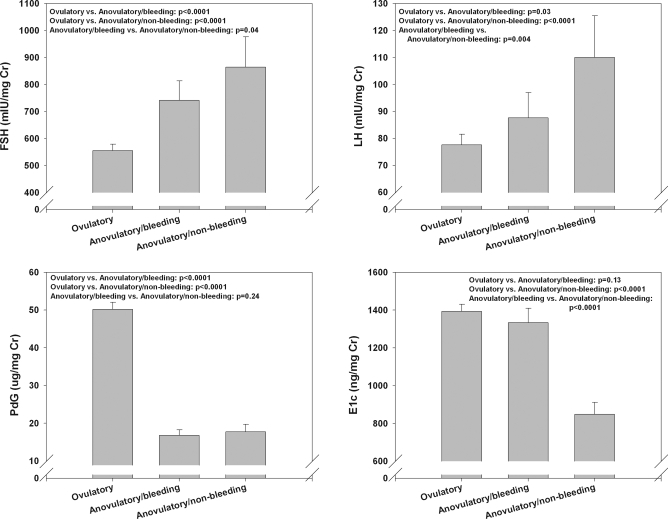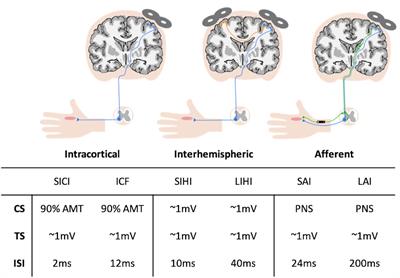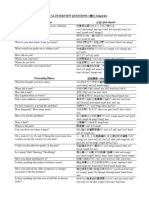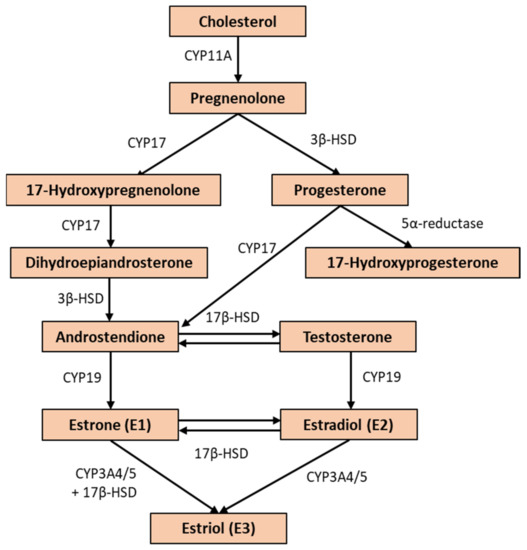
The Postmenopausal Women - Endotext - NCBI Bookshelf
4.9 (516) In stock

4.9 (516) In stock
The menopausal transition marks a time of great variability in reproductive hormones, and this variability can be responsible for specific symptoms, such as hot flashes and mood disturbances. Once a woman who is more than 45 years old has gone for 12 months without a menstrual period, she is considered to be menopausal and has consistently low circulating estradiol and elevated gonadotropins. Estrogen is the most efficacious therapy for bothersome vasomotor symptoms. Although estrogen exerts clear-cut protective effects on the cardiovascular system in premenopausal women, medical evidence does not support its use for the prevention of cardiovascular disease. Estrogen is generally not a first line agent for bone preservation in women without concurrent menopausal symptoms, despite its antiresorptive effects. Non-hormonal alternatives to estrogen and new, tissue specific estrogen complexes (TSECs) are now FDA approved and available for clinical use to treat common menopausal symptoms. For complete coverage of this and all related areas of Endocrinology, please visit our FREE on-line web-textbook, www.endotext.org.

PDF) Duodenal microbiome changes in postmenopausal women: Effects of hormone therapy and implications for cardiovascular risk

Menopause: Paul Beck, MD, FACOG, FACS, PDF, Menopause

Normal Physiology of Growth Hormone in Adults - Endotext - NCBI Bookshelf

Menopause, PDF, Estrogen

The Physiology and Stages of Menopause: A Comprehensive Review of the Menopausal Transition, Ovarian Aging Process, and Postmenopausal Period, PDF, Menopause

Case Study (Aub), PDF, Luteinizing Hormone

Frontiers Fitness Level Influences White Matter Microstructure in Postmenopausal Women

Menopause: Paul Beck, MD, FACOG, FACS, PDF, Menopause

Menopause: Paul Beck, MD, FACOG, FACS, PDF, Menopause

Menopause: Paul Beck, MD, FACOG, FACS, PDF, Menopause

Biomedicines, Free Full-Text